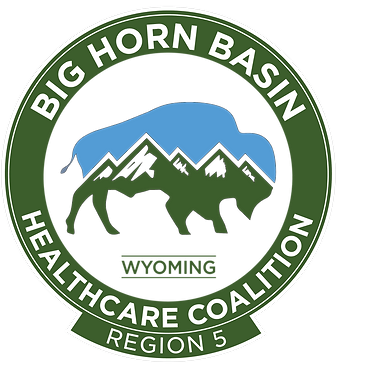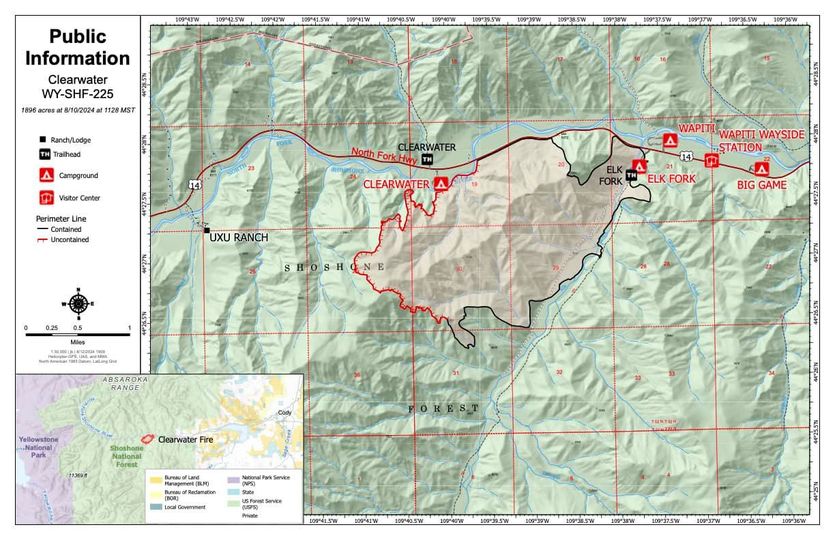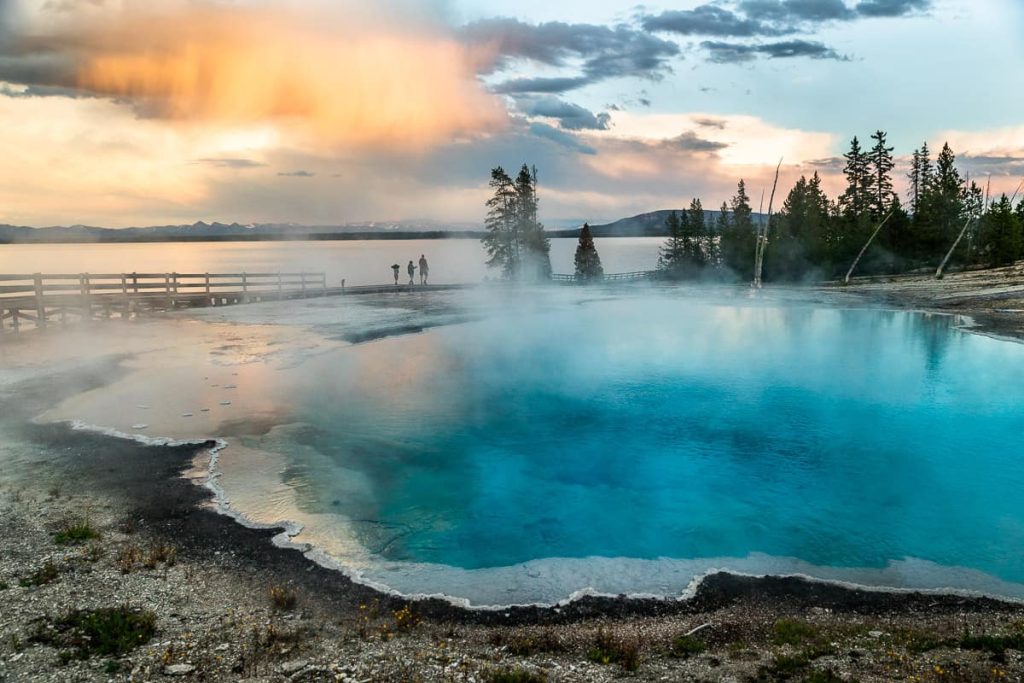Park County Active Shooter & Hazmat Training at Northwest College on June 14
Written by Andrew-Rossi on May 25, 2023
The Park County Sheriff’s Department, the Big Horn Basin Healthcare Coalition, and the Wyoming National Guard are planning a joint training at Northwest College on June 14, 2023.
The Big Horn Basin Healthcare Coalition is a group of 33 agencies throughout the four counties in the Bighorn Basin. The purpose of the coalition is “to bring together a multiagency and multidisciplinary group of entities and individuals working together to promote, consolidate and collaborate in a unified response to emergencies affecting the region.”
Simultaneously, The National Guard will be conducting exercises around the state that week as part of the Vigilant Guard training sponsored by U.S. Northern Command (USNORTHCOM). The purpose is to evaluate the capabilities of civilian and military first responders and emergency management personnel in responding to real-life emergencies.
Training scenarios will involve an active school shooter and a hazmat emergency that will require the resources of numerous local and regional first responders and specialty teams, multiple aircraft, as well as a request for National Guard resources. There are expected to be over 300 participants.
These training exercises are intended to bolster emergency preparedness at the County, Regional, and State levels.
Park County’s exercise will strengthen regional partnerships and improve communication and coordination in the unfortunate event these emergencies occur in the future.
There have been two tabletop exercises and a command structure exercise at Northwest College in preparation for this event.
Park County Emergency Manager Jeff Martin and Big Horn Basin Healthcare Coalition Physician Advisor Elise Lowe are co-directing the event.
Mr. Martin emphasizes that “our law enforcement responders are committed to training together and addressing any barriers to communication between agencies so we can have a coordinated response to these types of incidents.”
Dr. Lowe said, “Disasters in rural areas like the Bighorn Basin require communities and responders to work together across many jurisdictions. Nobody has the infrastructure to do it alone. These types of training bring us together operationally. When we know the people coming to help, we can serve our communities more efficiently in our worst days.”




